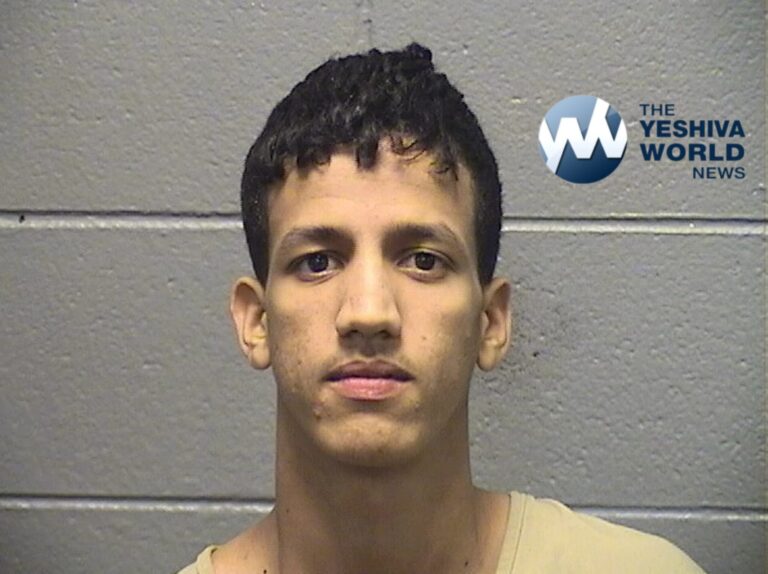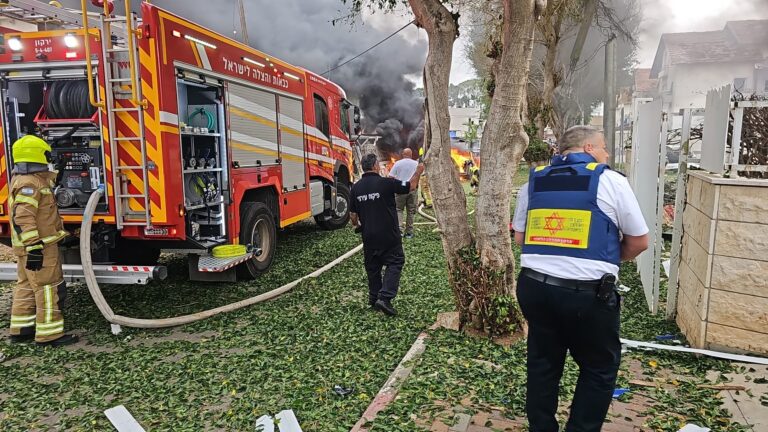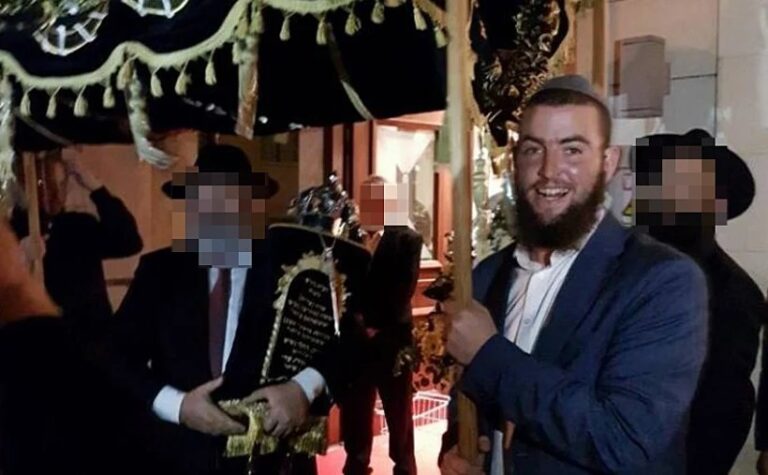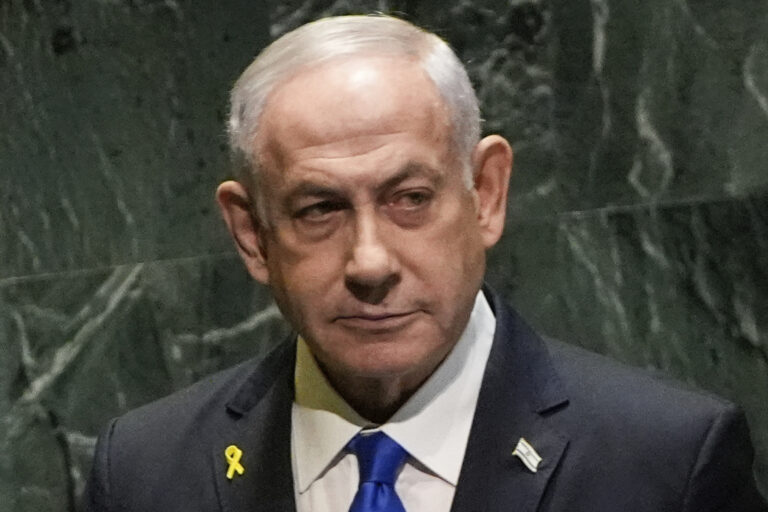 The Chief Rabbinate of Israel views itself under attack on several fronts. Private kashrus agencies which it does not recognize have already received legal backing to operate; an egalitarian prayer area has been approved near the Kosel to the exclusion of Chief Rabbinate control; the Reform Movement has been given the authority to have its beis din oversee a convert toiveling in a Chief Rabbinate run mikve, and the challenges to its supreme authority as the overseer and regulator of religious services in Israel appears to be rapidly waning. Various organizations continue petitioning the Supreme Court on religious matters including marriage and burial, slowly but steadily chipping away at the Chief Rabbinate of Israel’s autonomous regulatory authority.
The Chief Rabbinate of Israel views itself under attack on several fronts. Private kashrus agencies which it does not recognize have already received legal backing to operate; an egalitarian prayer area has been approved near the Kosel to the exclusion of Chief Rabbinate control; the Reform Movement has been given the authority to have its beis din oversee a convert toiveling in a Chief Rabbinate run mikve, and the challenges to its supreme authority as the overseer and regulator of religious services in Israel appears to be rapidly waning. Various organizations continue petitioning the Supreme Court on religious matters including marriage and burial, slowly but steadily chipping away at the Chief Rabbinate of Israel’s autonomous regulatory authority.
Pictures of laminated ID cards for a “certified mohel” with names and photos of non-Jews have been circulating during recent days, leaving rabbonim in the Chief Rabbinate of Israel Bris Unit angered and perplexed. The licenses show the name of the organization “Moreshet Avot, The Institute for Certifying Mohels in Israel” as the certifying organization, stating the person’s whose name and photo appear is a “certified mohel”. In fact, this institute advertises heavily in the chareidi tzibur, offering courses for milah, kashrus mashgiach, sofer STaM and more.
Making things worse, the card issued is strikingly similar in appearance to the Chief Rabbinate of Israel license identity cards. The Rabbinate officials explain that the word “mohel” should not be used for this will cause confusion or chas v’sholom worse scenarios. The rabbonim explain most people can study and learn the practical skills required but being a certified mohel involves much more than this.
Chief Rabbinate attorneys have been given the case to probe the legality of the cards. Attorney Harel Goldberg is working with a representative of the Health Ministry to investigate the matter. Goldberg explains the case is receiving high priority in his office.
According to officials in the Moreshet Avot Institute, a bris is viewed as a religious ceremony in Israel and not a medical procure. Hence, a mohel is not required to have a medical license to practice. The institute has classes to certify mohels to practice in Israel and abroad and the course includes the halachic and medical aspects of the profession. The students practice skills on training mannequins designed for them as well as under supervision like any other mohel student in the field.
Institute officials explain they have received a number of requests from medical personnel in the Arab sector and they have created a course for the Arab sector. Their course does not include the halachic aspects contained in the course for Jewish students and they receive a card to practice in the non-Jewish community. Institute officials insist the Chief Rabbinate is not the only organization in Israel permitted to certify a mohel, with officials explaining according to a High Court of Israel ruling, the Chief Rabbinate Bris Unit is only a voluntary body acting to oversee the industry but not a regulating body, adding there are many practicing proficient mohelim working in the Jewish community today in Israel who are not certified by the Chief Rabbinate of Israel.
Kippa News quotes the head of the institute, Rabbi Mordechai Azran, who explains the Arab community has the same right as the Jewish community and they have now decided to acquire these skills too. Officials add that the students from the Arab sector are all members of the medical community, including physicians and registered nurses working in Israel so the medical aspect is covered.
Institute officials add the ID card is for the parents, for they wish to see some type of certification. When a mohel can show his photo ID which states “certified mohel” they are calmed. Rabbi Azran adds the matter of a mohel in the Arab sector is currently being addressed by legislators.
This clearly represents another front the Chief Rabbinate must address as it is clearly facing new challenges to its authority today from many sectors of Israeli society.
(YWN – Israel Desk, Jerusalem)










